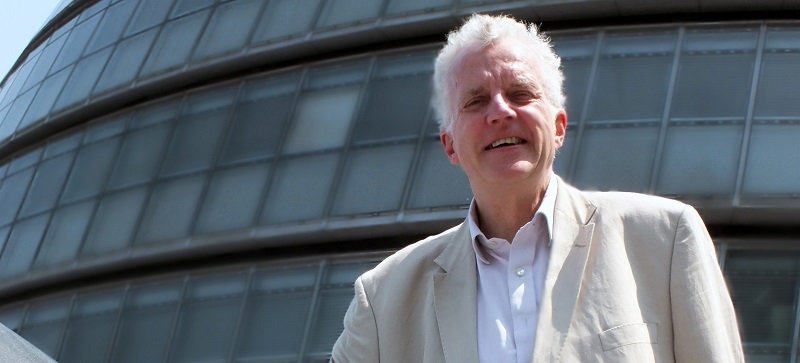One thing is clear from the terrible outrages of July 7th. London can cope with what has been thrown at it. Its resilience has been demonstrated in several ways both by its people and by the systems that have been introduced for such emergencies.
On the emotional plane, Londoners have carried on much as before. Refreshingly, this is not the usual British stiff upper lip, but something more than that. People have continued to go about their business and, indeed, to use the Tube even though they feel a bit apprehensive about it. That is very different from the old attitude of trying merely to ignore the fear. It is a recognition that there is a danger, albeit slight, but that it is worth taking the risk. It was interesting to see how quickly the Americans withdrew their order for their air force personnel not to visit London in the face of outrage in the British pres.
In practical terms, London coped more than well. Indeed, the response of the emergency services and of the London Underground workers was nothing short of exemplary. This was not by chance. The plans had been well developed in recent years and were well rehearsed.
This was in sharp contrast to the aftermath of the 1987 King’s Cross fire. Not only was the fire preventable and caused by the failure to keep the area under the escalators clean or to enforce the smoking ban, but a series of mistakes by Underground staff probably led to far more deaths than there ought to have been. For example staff directed people back onto the escalator under which the fire started and not surprisingly, the Fennell report into the disaster set out a catalogue of examples of precisely how not to react to a major incident.
Things have completely changed. In response to the Fennell criticisms, London Transport introduced a whole raft of improvements ranger from better training of staff to developing clear evacuation procedures.. This was exemplified by the London Underground worker who was travelling as a passenger on a train and told her fellow passengers not to panic because London Underground had a plan to get people out of there. While there may have been the odd delay, the overall process was carried out in a virtually exemplary manner.
The other event which enable the operation to proceed so smoothly was 9/11. Since then, there have been a series of rehearsals and despite press publicity which suggested they had not worked well, lessons were learnt, the evidence of which was clearly seen on July 7.
Londoners had been expecting these attacks and, in truth, many of us expect others in the future, if not immediately, at least within a few years. It would be comforting to suggest that there was some technical fix which could ensure that these events would never be repeated but if there is one further lesson to be taken from the events of the past week, it is that such outrages cannot be prevented. Even Tony Blair admitted as much which was a refreshing piece of honesty.
There has been much talk of scanners and other devices. Indeed, there are some clever new technology devices which are getting on to the market such as smart CCTV cameras that can spot whether a person is hanging around a station or a platform, and sound an alarm. There are even scanners which could look at everyone coming onto the system and ascertains if there is something strange about a person’s body shape, which might indicate a belt of explosives round their waist, and alert staff. The important aspect of the next generation of technology is that it will not require the constant surveillance that makes use of CCTV staff intensive and the process very expensive.
However clever these devices may be, they would still result in countless false positives and would seem unable to cope with the sheer numbers involved. With 275 stations on the London Underground, some with pretty small footfall, the installation of such equipment is simply completely uneconomic.
If a programme of introducing such devices were instituted, their only purpose would be as public reassurance and about the authorities being seen to do something in response to this terrible outrage rather than having any practical effect. In reality, the Underground and rail systems are unprotectable and the public may as well realise that.
The most chastening thought, therefore, is that July 7 may be repeated at any time and those well-worked emergency plans used again. Interestingly, the response was so comprehensive that one source said that in fact the hospitals could have coped with six times the number of casualties and still not been overburdened which at least proves that the system can cope and is very reassuring to Londoners. Let us hope that the system is never put to the test again.
